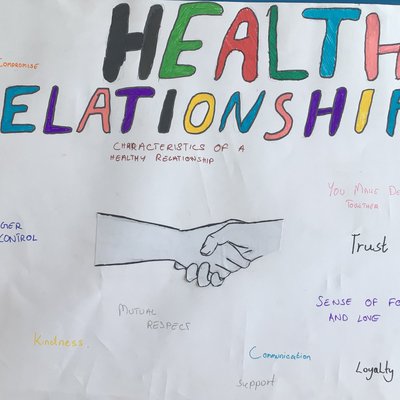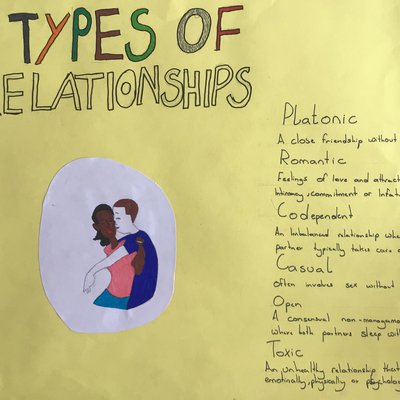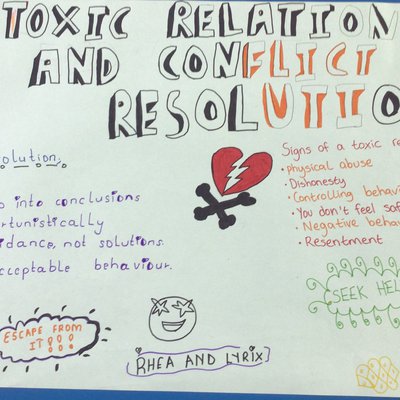Secondary PHSCE
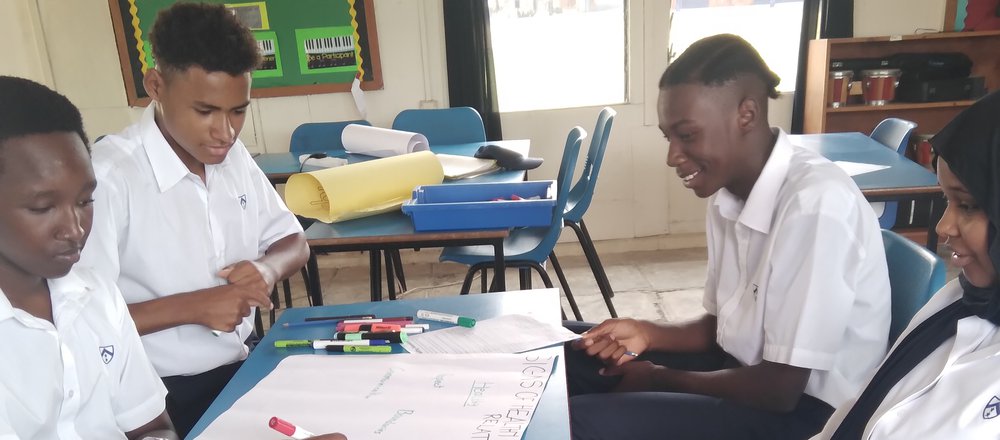
24th February 2023
Tolerant individuals who value diversity
In the past half of term, the Year 7 students learnt how to respect and appreciate what makes them different, in terms of age, gender, ethnicity, religion, disability, sexual orientation, education, and national origin.
They explored various activities from research work, poster design, role play to quizzes on diversity.
Year 7 students’ feedback:
Diversity teaches us how different people are and how to deal with discrimination scenarios especially in a school setting.
Peter Muli
I enjoyed researching about discrimination scenarios in different settings and how people have managed to deal with them.
Nicole Morgan
The poster I made was quite interesting because I was able to show what diversity means. I was able to use different pictures to show the meaning of diversity, and this was fun.
Denis Ndemwa
In a nutshell diversity teaches us to be culturally sensitive and it encourages personal growth.
Ms Onyango
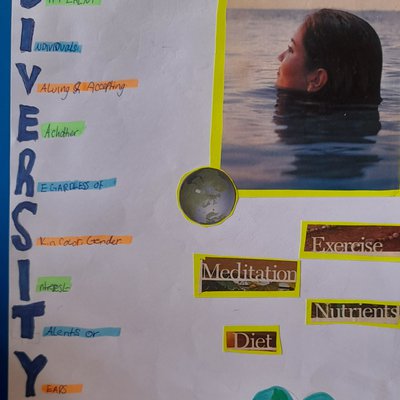
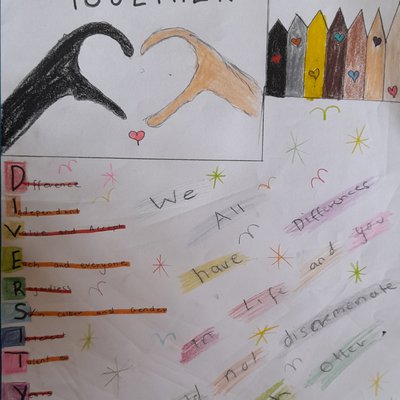
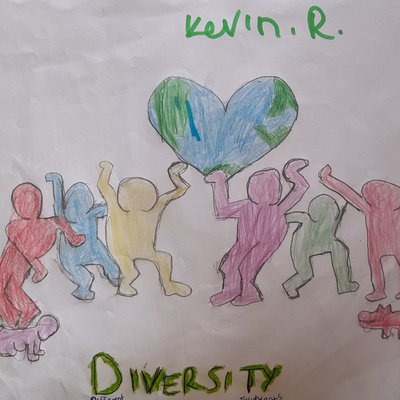
Tolerant individuals challenging discrimination
For the first six weeks of this term, Year 8 have been discussing the very many forms of discrimination and how we can bring them to an end.
Students have researched examples of discrimination, including racism, sexism and Anti-Semitism.
They have also worked together to create their own anti-discrimination pressure groups.
I hope this will benefit the students next term when they will once again be taking part in our annual Party Political Debate.
R Daniels
Tolerant individuals, effective communicators and responsible citizens
This half-term in PSHCE, the Year 9 students explored the following topics: families and parenting, healthy relationships, conflict resolution, relationship changes and consent.
Students are reminded of the ground rules of PSHCE lessons every week including that what is discussed stays in the PSHCE classroom and if a student feels the need to talk more they can speak to the teacher and we respectfully discuss ideas shared in a safe learning environment.
Using appropriate videos to introduce some of the topics, students explored the different themes of this half-term and were asked to comment on the content. Discussions were healthy and students were eager to share their knowledge and experiences; they also asked questions freely.
Various learning activities were used including outside the classroom kinaesthetic activities. For example, in order to introduce the Consent topic, students were asked to make two lines facing each other. The students in the line facing the field had to ask their partners if they could take a small step towards them and the partner had to communicate their approval or denial verbally. Once the student moving was at the right distance for the student allowing them to take steps forward, they would be told not to take any more steps. Year 9s realised that they all had different physical space boundaries. We then reversed the roles and used gestures, not words. The students guessed the topic of the lesson with that activity. On the Graffiti Wall, students wrote key words and statements to show when consent cannot be given freely and during our feedback discussion we explored the legal age of consent in various countries, including Kenya where it is 18 years old. An important point made during the Consent lesson is that consent can be withdrawn at any time.
PSHCE lessons reinforce the development of life-long learners, effective communicators, tolerant and healthy individuals, responsible citizens and the other key values contained in the BMIS Guiding Statements.
Mme Mwangi
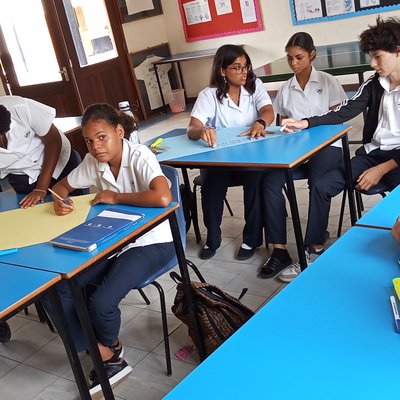
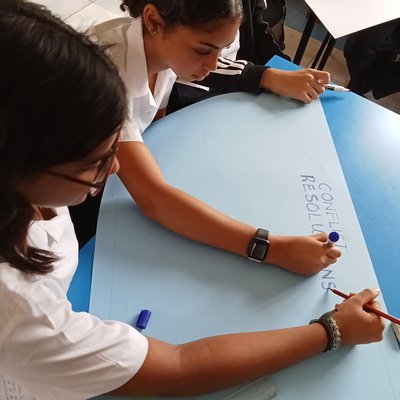
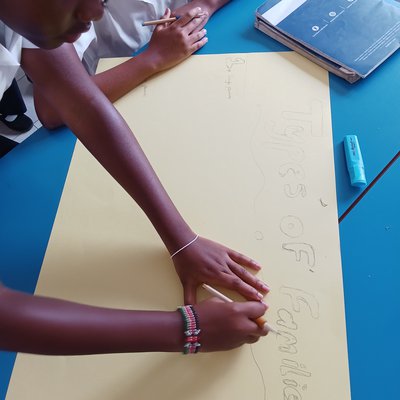
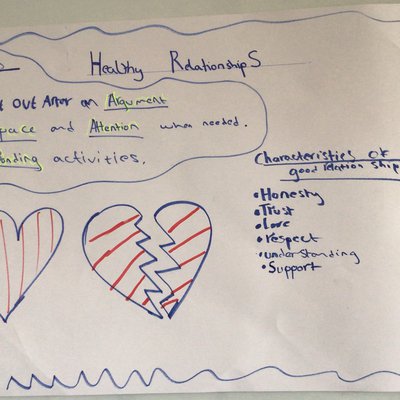
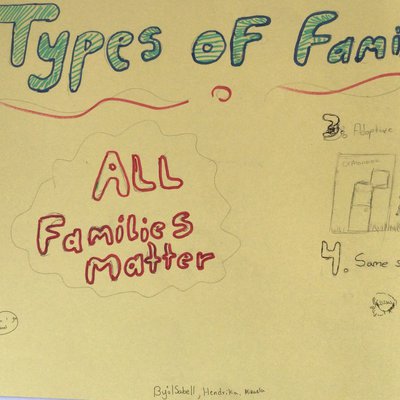
Lifelong learners and healthy individuals
As a teenager, navigating through relationships can be quite challenging. Understanding how interactions with your fellow students and adults around you work can be confusing. In this unit, we looked at different scenarios, citing the behaviours that would be considered healthy and those that are unhealthy. We also looked at healthy and unhealthy ways of dealing with conflict since with all human interactions, conflict may arise.
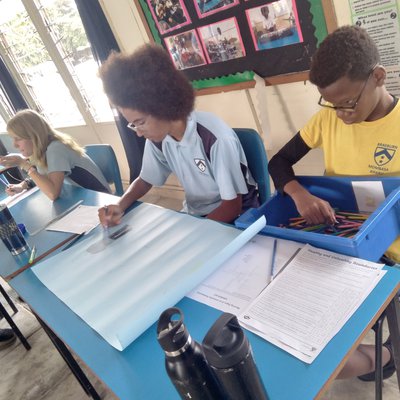
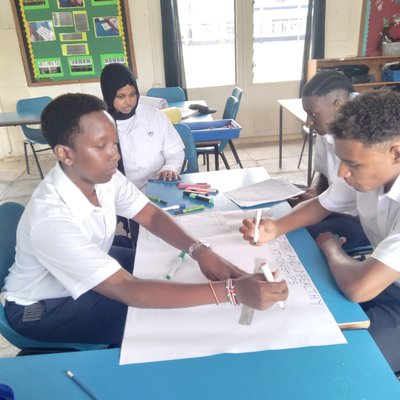
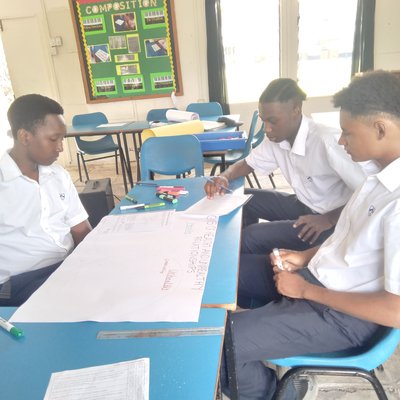
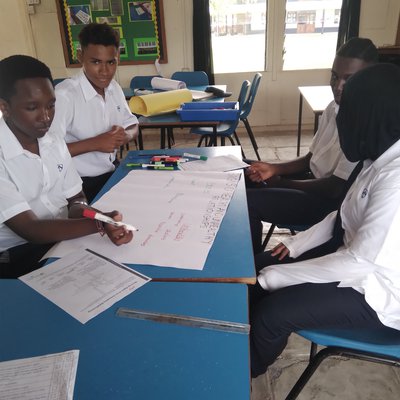
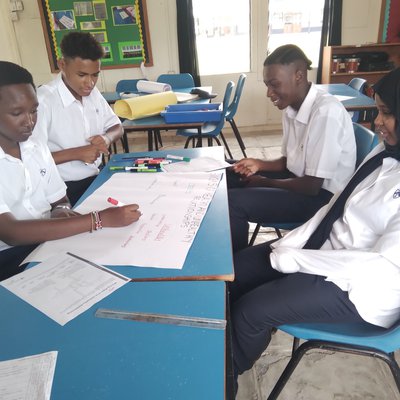
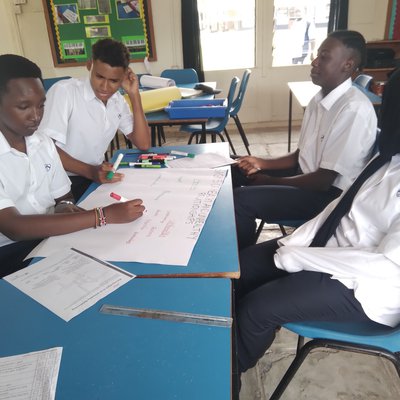
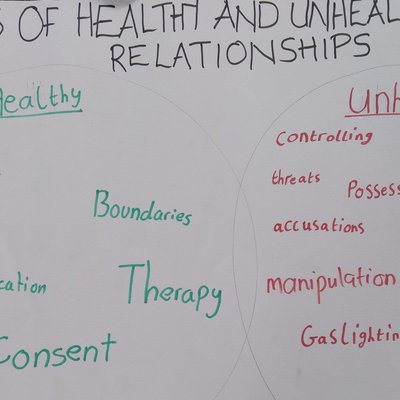
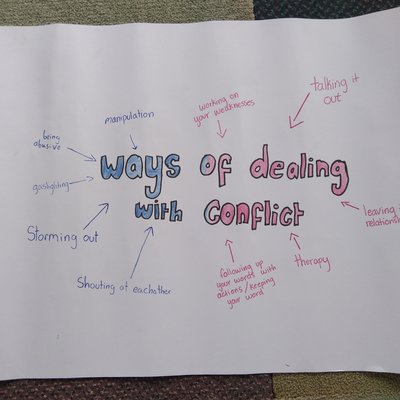
Effective communicators
The Year 11 students explored the above topic in Term 2a. We started by looking at definitions and the different ways of communication and types of relationships. We then looked at how to efficiently communicate in the different forms of relationships and different setups. The students came up with different scenarios of appropriate conversations, for instance, teacher vs student, parents vs children and among other family members, romantic relationships, and even social friendships. The parameters of communication should change according to whom you are relating with. This, however, does not mean that we should have multiple personalities, no, it is simply applying different registers and mannerisms while relating with different people. Luckily, this switch happens naturally, unless the person has a social disorder or other factors that may make them behave differently. The students discussed at length the characteristics of healthy relationships which included honesty, trust, mutual respect, and fighting fair to mention but a few. Finally, we looked at conflict resolution and attempted some worksheets on the topic.
Ms Simon
